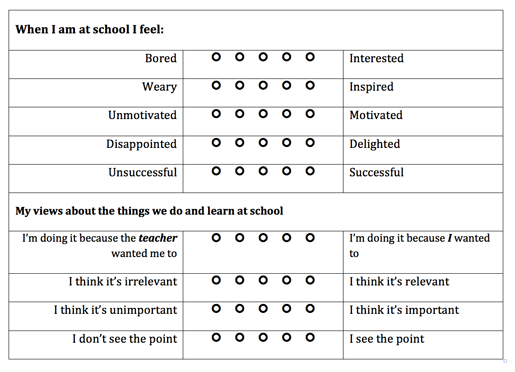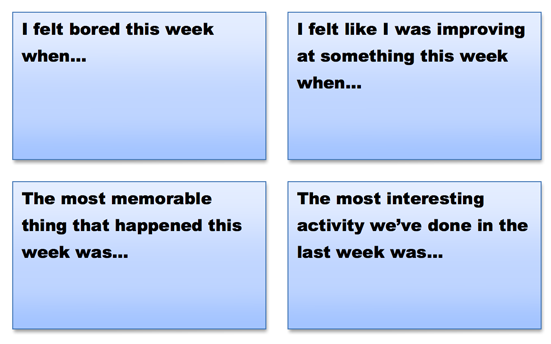New Zealand Curriculum Online navigation
Home
- The New Zealand Curriculum
- The Curriculum nautilus
- Browse-Tags
- Homepage images
- External Links
- Strengthening local curriculum
- Teaching as inquiry
- Refreshing the New Zealand Curriculum
- We are moving to Tāhūrangi
- Principles
-
Key competencies
- About
-
Tools
- Teaching as inquiry and the key competencies
- Key competency planners
- Gathering student feedback
- Key competencies and themes
- A key competencies wall
- Images and the key competencies
- Transfer
- Leadership and the key competencies
- Learning conversations
- Provocative questions
- Monitoring and documenting the KCs
- Reconsidering the key competencies
- Key competencies in activities
- Key competencies in teaching
- Examples
- Resources
- Key competencies and effective pedagogy
- Capable kids: Working with the key competencies
- System of support (incl. PLD)
- Inclusive practices
- Curriculum resources
- Archives
- Sitemap
- About New Zealand Curriculum Online
- Assessment Online
- Senior Secondary Guides
- Secondary Portal
- School Leavers’ Toolkit



